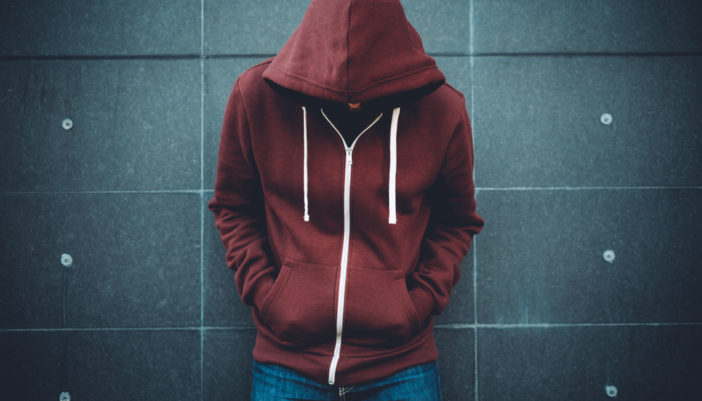Name It and Reframe It: How To Stop Shaming Yourself
I know I know, a heavy title but it’s such an important topic. Shame is rarely talked about – because – well – it feels shaming to talk about shaming. And it’s SO Personal and SO vulnerable! So the vicious cycle goes…we feel shame, we shame ourselves, and then we keep that out of the room so no one knows, and it grows. Sharing it ironically helps it to dissipate. Because others assure us that no, we aren’t the only ones and we are not alone. AND we are good people who are simply struggling. That’s why I love the quote:
Share not shame
what a difference
a letter makes.
-Unknown
But first a reminder: there is a huge difference between shame and a dose of healthy guilt, because guilt is “I made a mistake”, and shame is “I AM a mistake.”. Whoa. Very big difference. Healthy guilt is helpful so we can make amends and make changes to our behavior, be more mindful next time, etc. Healthy, “earned” guilt teaches while “unearned” (guilt others put on you but is so not yours) is awful and usually goes hand in hand with shame.
Let me give an example here. If a child breaks something by accident and hears:
“Look what you’ve done! Can’t you be more careful? Now I have to stop and clean this up.”
In this example the child is shamed – was told that as a person they are not good enough, cannot make mistakes (the birthplace of perfectionism) and to make it worse now they are responsible for the parent’s feelings of frustration! An incredible boundary blur that is damaging to the child’s sense of self and warps their understanding of responsibility in relationships. The sad part is most parents, like us, don’t set out to do this. They are just parenting how they were parented.
So as the child grows up with these experiences, they then internalize the voice of the “critical parent” and beat themselves up – either out loud or silently. But if you do this and perpetuate the shame, you will certainly continue poor behavior! You need to feel enough self-love and self-acceptance to first even think you deserve to make mistakes. That you deserve to be imperfect and we still love the wonderful human you are. That hurt people hurt people. But you can start with not hurting yourself.
To do so requires practicing (and NOT perfectly!) more positive statements when the shame creeps up your neck and you feel terrified and immobilized. Breathe. Reframe it. Say to yourself. “It’s ok. I can fix some of this, and I can learn the gentle lesson here. Of course, I struggle with that! I’m a good person who is learning.” Then make a plan to fix it/heal it/stop it/own it and apologize or just friggin’ let it go because shit happens. Join us in the conversation on this week’s podcast episode.
So, I encourage you to take notice of your self-talk and practice giving yourself grace along with the truth. Keep the healthy constructive criticism on the thing not YOU as a person. See how that brings hope and healing.




